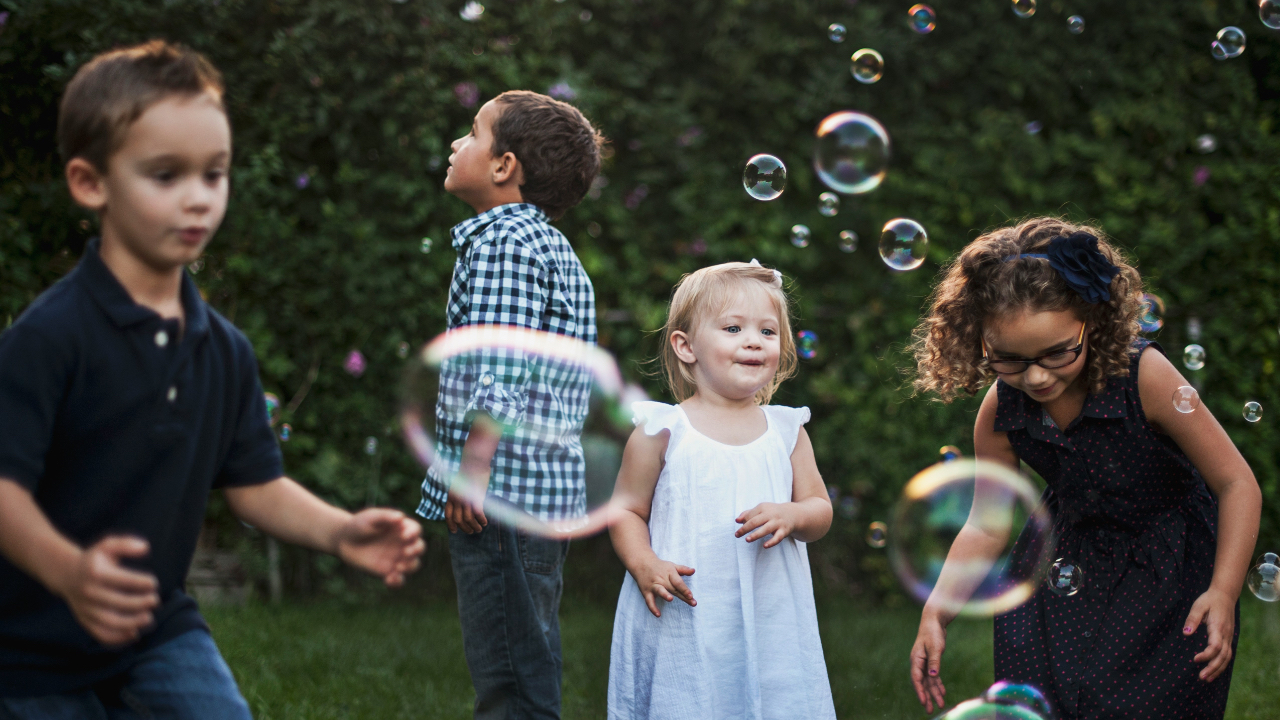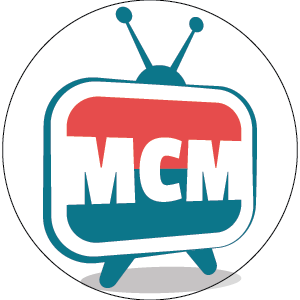Beyond Edutainment: Finding Genuinely Educational Videos For Children On YouTube
May 09, 2025
The greatest asset that young children have in their earliest years of development is time. Parents know this instinctively. It's why we agonize over screen time decisions, why we feel that twinge of guilt when handing over a tablet.
The notion of completely screen-free childhood feels as antiquated as one of those televisions with "bunny years" antennae. The question isn't whether children will consume media, but which media they'll consume, and whether that consumption will serve or hinder their development.
The Edutainment Fallacy
By definition, for something to be "educational," it just has to teach you something. I could produce videos for preschoolers about how to make chicken marsala, how to change spark plugs in a classic VW bug, or how to blend sounds in 2-syllable words. They're all genuinely educational. I'd argue that the video about blending sounds is the one most likely to help the child show kindergarten readiness. See what I'm getting at here? "Educational" is not enough.
YouTube's algorithm doesn't distinguish between these types of content. It measures engagement, not educational value. The algorithm rewards videos that keep children watching, not videos that develop phonological awareness or build vocabulary. These are fundamentally misaligned incentives, and the result is a wasteland of content branded as "educational" that does little to support actual development.
Moving Beyond the Algorithm
Parents need better tools to evaluate content quality. They need a framework that goes beyond "my child seems to like it" or "it claims to teach the alphabet." They need guidance rooted in developmental science, not marketing claims.
The inherent challenges in finding quality content require guiding structures, and research will always be one of them. There will always be some level of deference to the research community, and the reward for that should be research that tackles the multi-faceted problems that families are facing.
There can be no bystanders in the pursuit of quality early childhood media. Neither parents nor educators nor researchers can solve this problem alone. We need stronger partnerships between those who study child development and those who create content.
The impetus behind Modern Child Media is to bring that partnership to life – to evaluate content based on alignment with developmental science, to highlight videos that actually support literacy development, and to provide parents with tools to make informed choices about their children's media diet.
Stay Connected With
News And Updates!
Join our mailing list to receive the latest news and updates from our team.
You can connect to a general email list sign up form or turn this block off. When you update it, this will show (or not show) on every blog post at the bottom.
Wanna Get The
Awesome Freebie?
Lorem ipsum dolor sit amet, consectetur adipiscing elit. Cras sed sapien quam. Sed dapibus est id enim facilisis, at posuere turpis adipiscing. Quisque sit amet dui dui.

